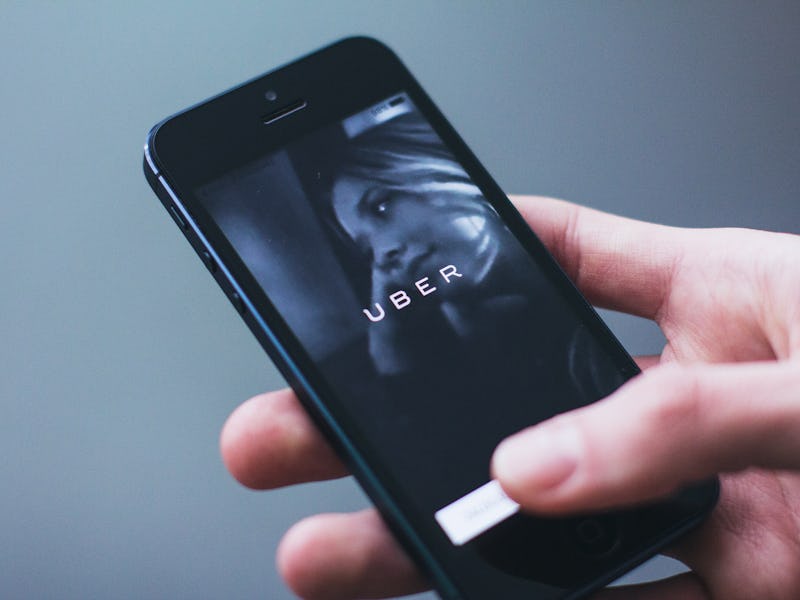Uber Confirms "Critical Safety Response Line" Available in Select Cities
It's way past due.

Uber has been testing a “Critical Safety Response Line” for drivers and passengers in a select group of 22 cities since October, the ride sharing company has confirmed. In these areas, the app contains a back page directing users to dial 911 in case of an emergency or (800-353-UBER) to speak with a company representative in one of two national response centers. Despite what many consider urgent need, the company is planning to keep the feature under wraps to test its “discoverability.”
The critical response line is not intended for 911-level emergencies, though the response centers can connect to emergency services if the call signals immediate danger. The number is not a “panic button,” like Uber has instituted in India, immediately connecting users to emergency services, but is more like Uber’s own 311. An Uber representative told Inc that the line is designed for situations like a diabetic user forgetting their insulin in the backseat of a car. It requires immediate resolution but not the police.
The company’s inaccessibility during potential dangers came into stark view after an Uber driver killed five on a rampage in Kalamazoo, MI. Just an hour before the driver started shooting, a passenger in his car called 911 to report erratic behavior, but was told to contact Uber’s customer service. Besides the critical response line, Uber provides an email address for feedback and allows users to report problems.
Uber has also been fighting off claims that sexual assault and rape may be far more prevalent than the public once thought. Searching Uber’s customer service database returns countless examples of testimony, and users mentioning “sexual assault” or “rape” as feedback, reports Buzzfeed. The company’s lawyers reportedly said the figure of actual assaults in Uber vehicle is much lower, but the previously undisclosed reports suggest, at the least, a lack of transparency.
Lyft, on the other hand, has publicly unveiled its own Critical Safety Response Line. The feature’s online description details that it “isn’t a substitute for first responders, like paramedics or the police.” But the “Trust & Safety team is available 24/7 for emergencies, like accidents, safety concerns, and citations.”
Nobody wants trouble when they use a ride sharing app — but it is nice to know that there’s a backup safety measure. Uber should follow Lyft’s lead and roll out their response line nationwide.